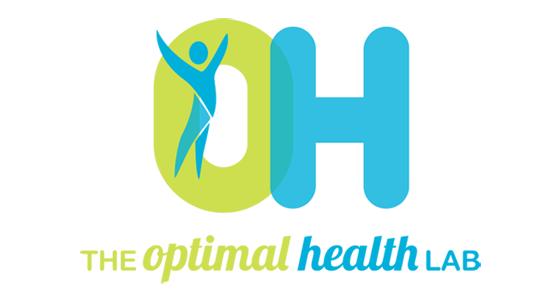Costal injuries involve damage to the ribs, which are part of the thoracic cage. The rib cage consists of 12 pairs of ribs, each connected to the thoracic vertebrae at the back and, for most ribs, to the sternum at the front via costal cartilages. The ribs protect vital organs such as the heart and lungs and play a crucial role in respiration by expanding and contracting the thoracic cavity.
Symptoms of costal injuries can vary depending on the severity and type of injury. Common signs and symptoms include:
- Sharp or aching pain in the chest, especially when breathing deeply, coughing, or moving
- Tenderness and swelling over the affected rib area
- Bruising on the skin over the injured ribs
- Difficulty breathing or shortness of breath
- Pain that worsens with pressure on the chest
Differentiating costal injuries from other conditions is essential for accurate diagnosis and treatment, and these differential diagnoses include:
-
Costochondritis, an inflammation of the costal cartilage causing chest pain
- Rib fractures, which can present with similar pain and tenderness
- Pneumothorax, where air enters the pleural space causing chest pain and difficulty breathing
- Myocardial infarction, which can cause chest pain but is typically associated with other symptoms like radiating pain and sweating.
-
Physiotherapy and Myotherapy can vital in managing costal injuries. These treatment options need to be specific to the injury (once formally diagnosed) and individualised to your pain levels, occupation and sport, yet care options include:
- Pain Management: Techniques such as ice application and heat therapy
- Breathing Exercises: To maintain lung function and prevent complications like pneumonia.
- Gentle Mobilization: Gradual movement exercises to maintain mobility and prevent stiffness.
- Postural Education: Teaching ideal and positioning related to your exact diagnosis can be very valuable to reduce strain on the ribs and promote healing.
- Strengthening Exercises: Once pain subsides, exercises to strengthen the muscles around the chest and back is important to help regain function, and ultimately get back to your daily life!
If you suspect your are suffering from a costal injury and need to best understand how to manage it, please get in touch with our OHL Physio team via 9431 5955. You can also book online via the Client Portal on our website 24/7.
